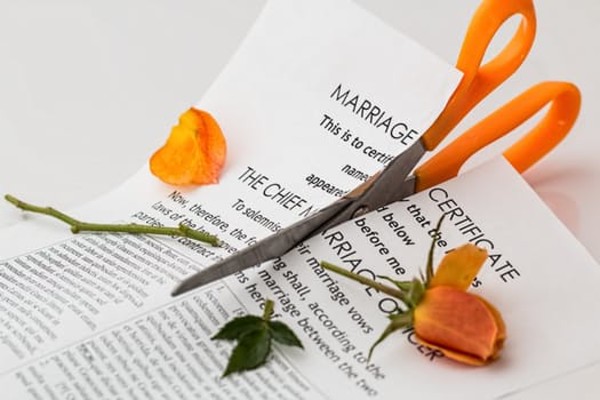

In a decision out in November the Pension Ombudsman upheld the complaint brought by a man dubbed Mr A, who claimed unclear wording in a court sentence had meant his pension was unduly transferred to his ex wife.
The complaint concerns the transfer of half of the man's defined contribution (DC) pot, worth £32,173, which was moved alongside an equal percentage of his defined benefit (DB) pension, worth £147,052, both within the Rettig UK Pension Scheme.
While Standard Life administered the scheme, KPMG managed the DB plan and was in charge of the transfers.
According to a pension sharing order on divorce issued in 2013, 54 per cent the husband’s pension with Rettig should be transferred to his wife.
The reference number referred to the DC section of the scheme, and in January 2014 KPMG asked Mrs A's lawyer to confirm whether the pension sharing order was to apply to both the DB and DC pensions.
Mrs A’s lawyer – who in the meantime has ceased trading – replied in February that year that the court order applied to the whole of the pension holding.
This led KPMG to transfer 54 per cent of Mr A’s DB pension and DC pot to Mrs A’s pension plan in May 2014.
But MR A never received a notice of discharge of liability from KPMG because he had changed addresses, which he had reported to one of the trustees of the scheme.
After concerns raised by Mr A and his new lawyer about the legitimacy of transferring half of both pension plans and not just the one referenced in the sharing order, KPMG explained there was no specific reference number for the DB section, and it was not uncommon for advisers to quote the Standard Life reference number when identifying individual scheme members.
It also argued the document did not state that only one of the pension pots should be transferred and said the letter from Mrs A's lawyer had confirmed the whole pension should be shared.
Mr A applied to the family court to enforce the 2013 consent order against Mrs A and recover the DC transfer.
The judge - who had also ruled the previous decision – made it clear there had been no intention for Mr A to share the Standard Life DC account.
But in January 2018 Mrs A declined to give the money back, saying she was not at fault and had relied on the professionals involved.
Pension Ombudsman Anthony Arter upheld Mr A’s complaint, saying after having doubts about the pension sharing order, KPMG did not take legal advice from its own lawyer as it should have done.
Alternatively, KPMG should have referred the matter back to the trustees to consider, Mr Arter said.
He said: "In practice KPMG relied only on the advice of a lawyer that it had not instructed, who was acting for Mrs A.
"I consider that KPMG’s failure to take proper advice on this matter when it identified that the wording was ambiguous amounted to maladministration."
Mr Arter also ordered the company to cover legal costs worth £4,775 and pay £500 to the claimant due to significant distress and inconvenience.
maria.espadinha@ft.com



